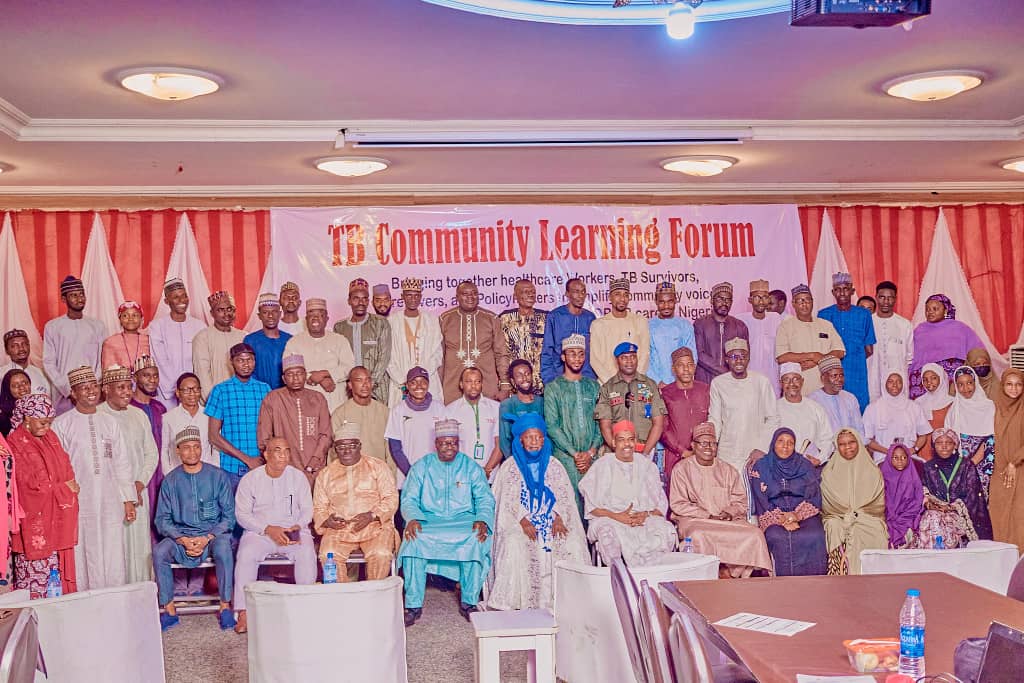
ASCENT DR-TB Project
Funded by Unitaid through Treatment Action Group (TAG), this 9-month initiative (October 2024 – July 2025) is focused on transforming the fight against drug-resistant tuberculosis (DR-TB) in Kano State, Nigeria. Our goal is to improve access to shorter, safer, and more effective treatment regimens by empowering communities and driving policy advocacy for the scale-up of BPaL/M therapies across the country by June 2025.
Our Approach is by adopting a community-led model, we place the power to influence treatment access and quality directly in the hands of those most affected. Through targeted advocacy, we work to accelerate policy changes that enable wider availability of innovative DR-TB regimens, ensuring more patients receive the care they urgently need. This project embodies a commitment to making life-saving treatments more accessible, improving health outcomes, and ultimately reducing the burden of DR-TB in Kano State and beyond.
.jpeg)
Girls' Education and Protection Program
The Girls’ Education and Protection Project (GEPP), implemented by Rahama Girl Child and Women Empowerment Initiative (RAHAMA) with support from the Girls Opportunity Alliance of the Obama Foundation, aims to improve access to quality education and strengthen protection systems for adolescent girls across Kano State. Through community-based assessments, stakeholder engagement, school support, and multi-sectoral collaboration, GEPP addresses the barriers that keep girls out of school, ranging from socio-cultural norms to safety, health, and economic challenges. The project works closely with education authorities, community leaders, parents, and service providers to create safer learning environments, increase enrolment and retention, and empower girls with the opportunities they deserve to thrive and reach their full potential.
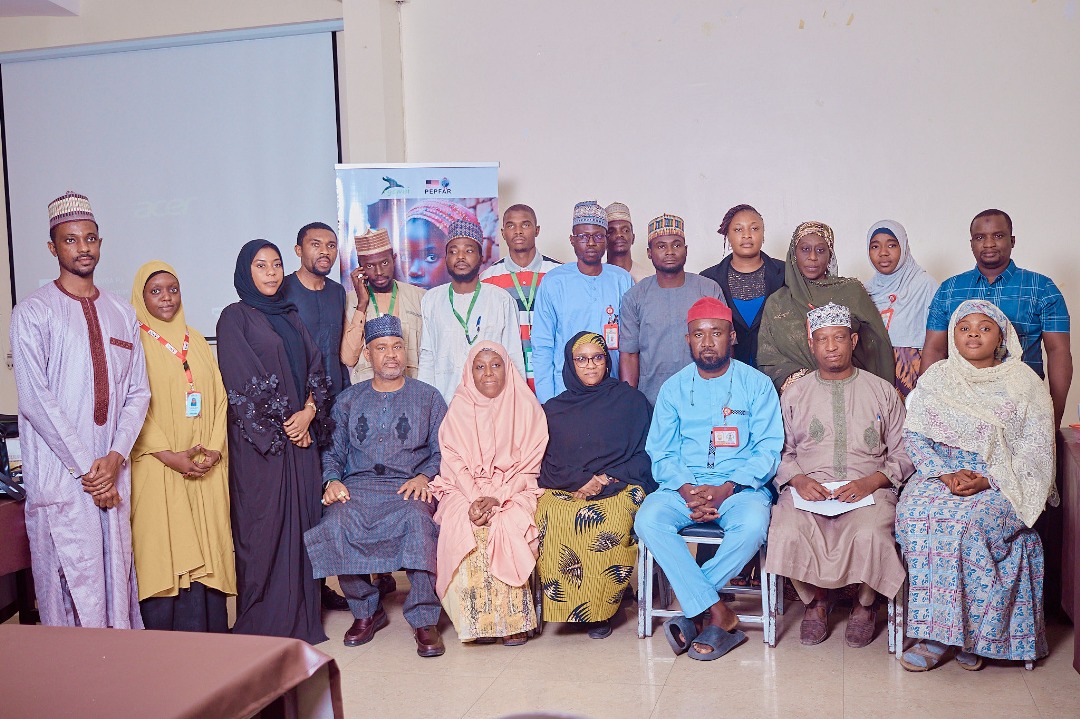
AYP Project
Supported by the U.S. President's Emergency Plan for AIDS Relief (PEPFAR), this 12-months initiative is dedicated to transforming HIV service delivery for Adolescents and Young People (AYP) in Kano State, Nigeria. Our goal is to enhance community-led monitoring and boost engagement in virtual spaces to ensure young people have better access to, and quality of, HIV services.
We are committed to empowering Adolescents and Young People with vital knowledge about HIV prevention, testing, treatment, and care, helping them make informed decisions about their health and futures. At the heart of the project is strengthening community-led monitoring mechanisms through innovative technology, enabling local communities to actively track and improve HIV service delivery. This approach ensures that the voices of young people are heard and that services meet their specific needs. We also prioritize the strategic use of data to drive change. By leveraging technology to collect and analyze information, we support evidence-based decision-making at both national and subnational levels. This empowers policymakers and stakeholders to adapt and improve HIV programs, delivering more effective services to the youth of Kano State.
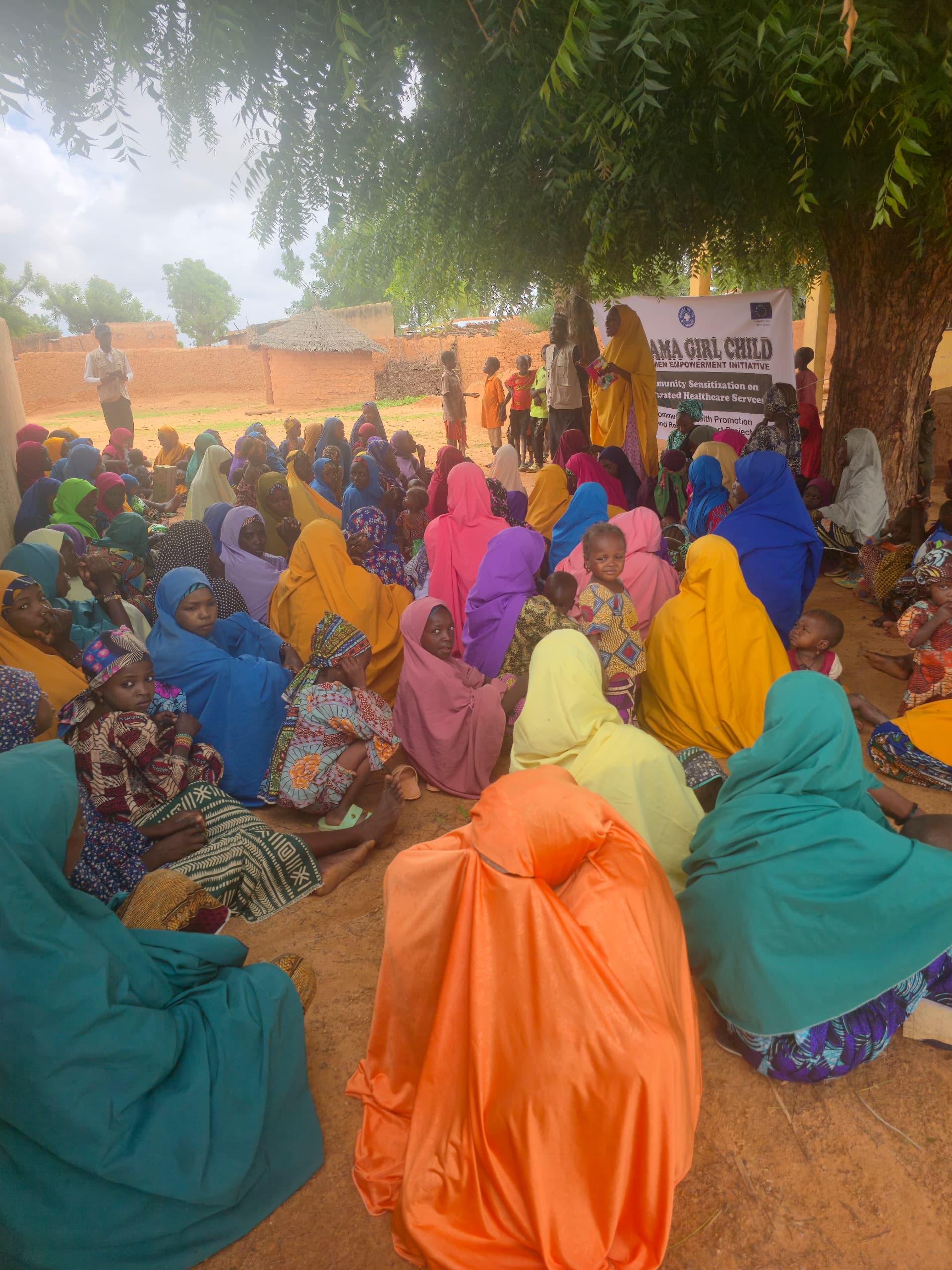
Community Health Promotion and Referral Support Project
Funded by Médecins Du Monde through the European Union Civil Protection, this 8-month project (June 2025 – January 2026) is dedicated to improving public health outcomes and strengthening health system responsiveness in the Zango Local Government Area of Katsina State. Focusing on the communities of Yardaji and Rogogo wards—including Gidan Dawa, Jama’an Malam Sani, Jawo Libir, and Wuro Jabbi—the initiative targets pregnant and lactating women, elderly people, and children under five. Our goal is to enhance health literacy and increase the uptake of essential health services through the empowerment of community structures and the establishment of effective feedback mechanisms. By fostering sustainable, people-centered healthcare, we aim to build resilient communities where everyone has access to quality health support that meets their needs.

About the TPT Project
Building community demand for 1HP TB prevention regimen among high-risk populations in Kano State.
About the TPT Project Funded by Unitaid through Treatment Action Group, this 11-month initiative (May 2024 – April 2025) is dedicated to strengthening tuberculosis prevention efforts in Kano State, Nigeria. Our goal is to build strong community demand and assess the acceptability of a shortened Tuberculosis Preventive Therapy (TPT) regimen among all eligible populations. By leveraging existing community structures, key stakeholders, and healthcare services, the project seeks to ensure that preventive treatment is both accessible and embraced by the communities that need it most. Through this approach, we aim to contribute to reducing TB incidence and improving health outcomes across Kano State.
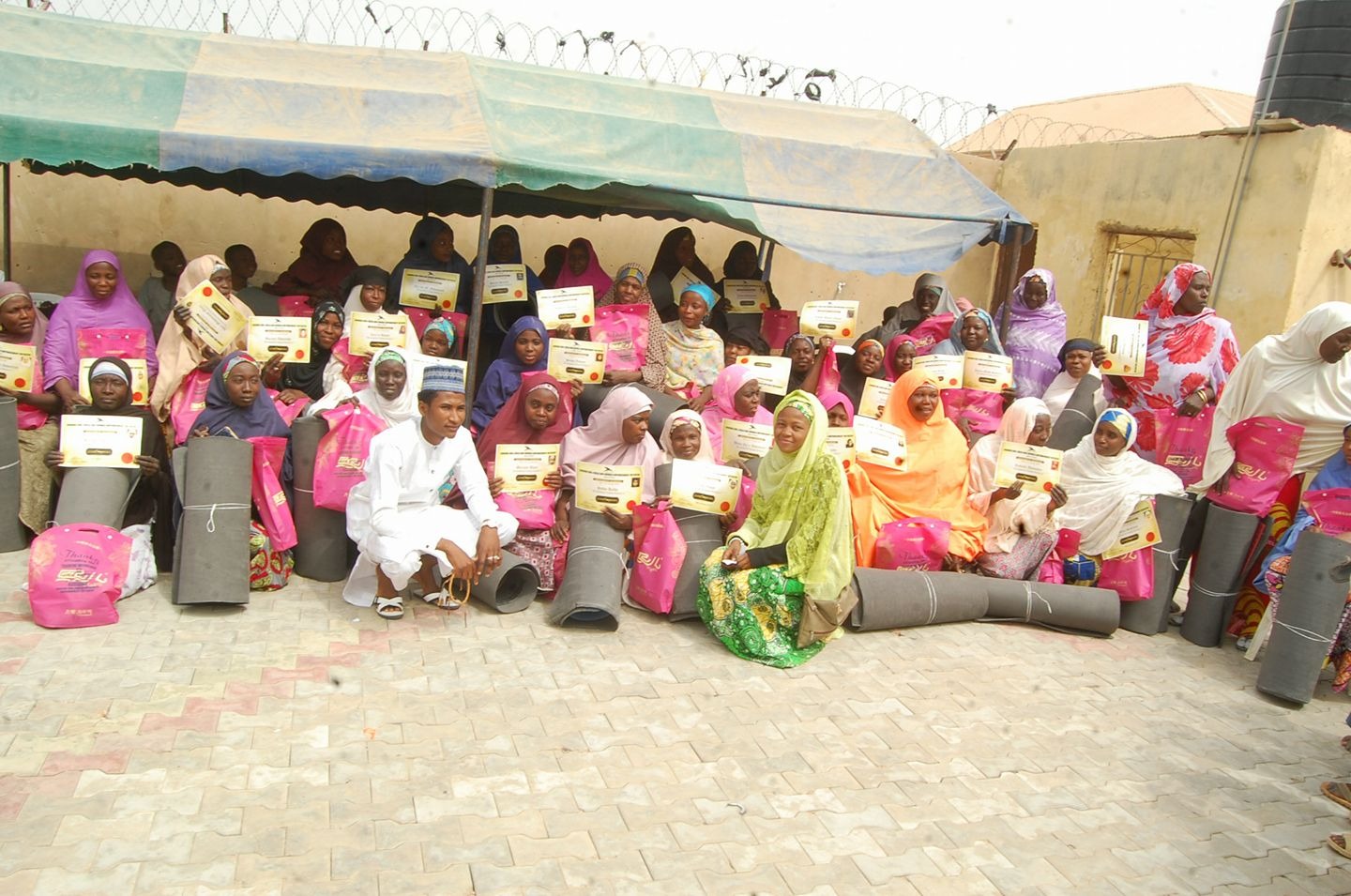
Girls/Women Empowerment Project
Skill acquisition and entrepreneurship training for less privileged women and girls in Kano State and beyond.Launched in 2018, this flagship initiative aims to economically empower vulnerable girls and women by providing them with practical skills and entrepreneurial training. The project focuses on skill acquisition in areas such as soap making, skin jelly production, tailoring, shoe making, and paint making—industries with strong local demand and income-generating potential. Over 600 girls and women have been trained so far, and more than 530 have transitioned into income-earning activities, improving not only their financial independence but also their social status and confidence. By equipping these women with marketable skills, the project addresses the root causes of poverty and gender inequality, helping participants break free from cycles of dependency and marginalization.

Education Project
Providing school fees, uniforms, and books for children from disadvantaged backgrounds.This long-term initiative targets the educational needs of vulnerable children, especially those unable to afford school fees, uniforms, and books. The project seeks to reduce dropout rates and increase school enrollment through direct support and community engagement. Currently, the project supports four children enrolled in private schools, including survivors of gender-based violence and children with disabilities. This ensures these vulnerable groups receive quality education tailored to their needs. By providing educational resources and facilitating access, the project empowers children to build a foundation for lifelong learning and socio-economic mobility, while also sensitizing communities on the importance of education for all children.
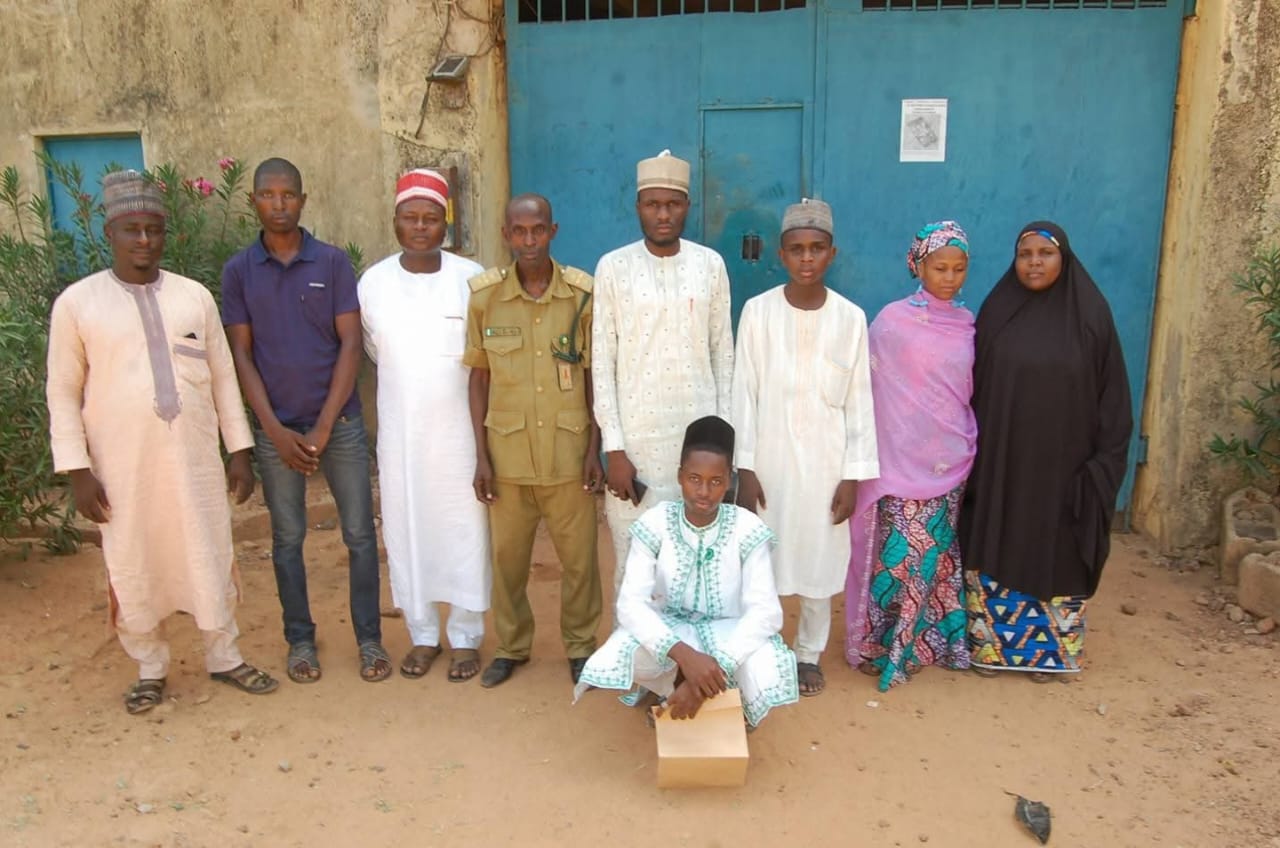
Prisoners & Juvenile Rehabilitation Project
Empowering and supporting female prisoners and juvenile offenders through skills and legal aid.Focusing on female prisoners and juvenile offenders in correctional facilities across Kano and Bauchi states, this project provides rehabilitation and empowerment through skill-building, education, and psychosocial support. To date, 100 beneficiaries have received vocational training and mentorship aimed at facilitating their successful reintegration into society after incarceration. The project addresses the stigma and systemic barriers faced by these populations, offering them hope and pathways to self-sufficiency. It also advocates for improved welfare and rights of prisoners, highlighting the need for humane treatment and rehabilitation over punitive measures.
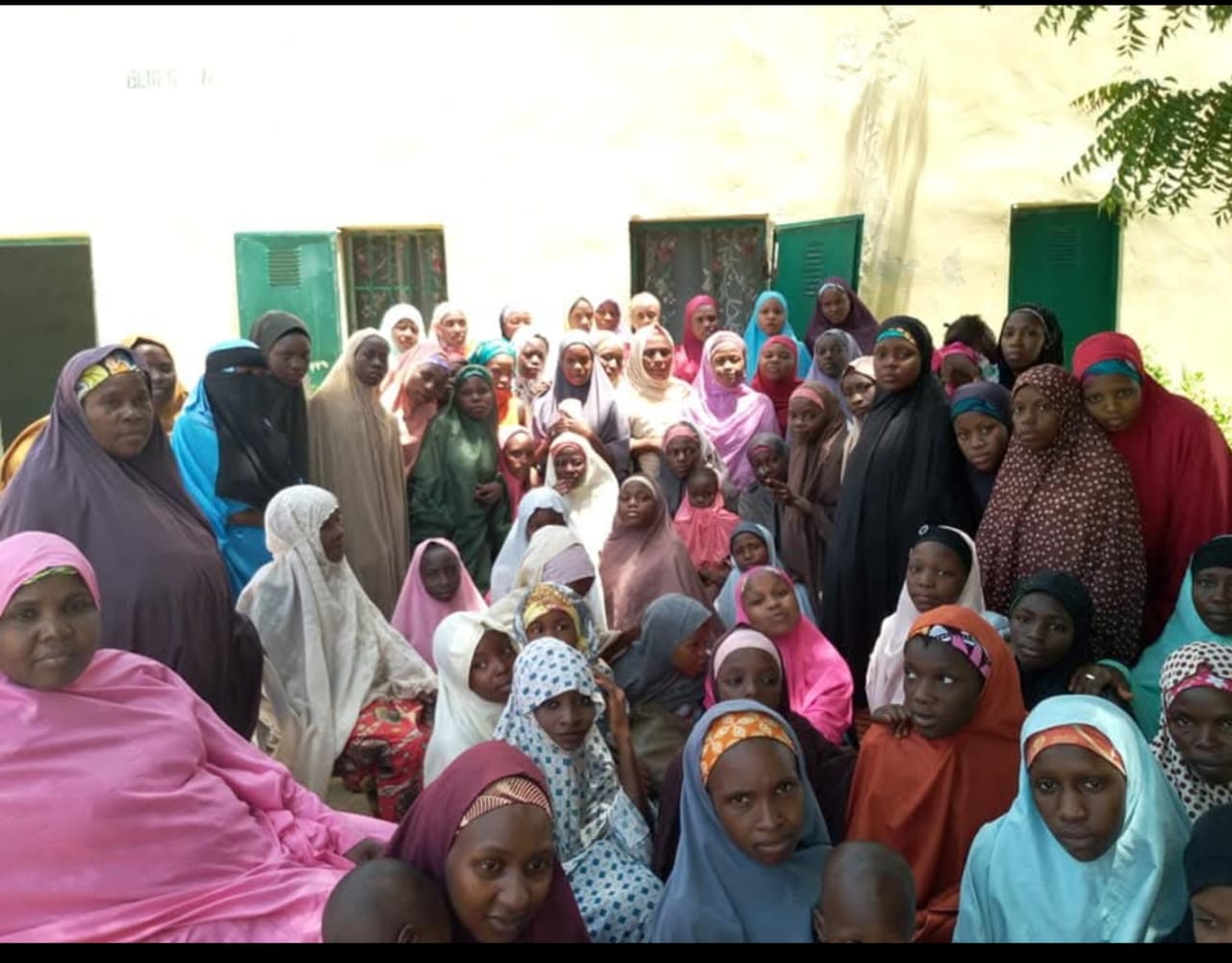
Community Paralegal & ADR Project
Training community leaders in legal support and conflict resolution in Kano and Jigawa States.Operating in Kano and Jigawa states, this initiative builds local capacity by training community heads, security vigilantes, and local influencers on paralegal services and conflict resolution. It focuses on eight communities in Kumbotso and Municipal LGAs. By empowering community members to mediate disputes and provide basic legal support, the project reduces the burden on formal judicial systems, prevents violence, and promotes peace and justice at the grassroots level. The training also increases awareness of human rights and legal protections, enabling citizens to better understand and claim their rights.
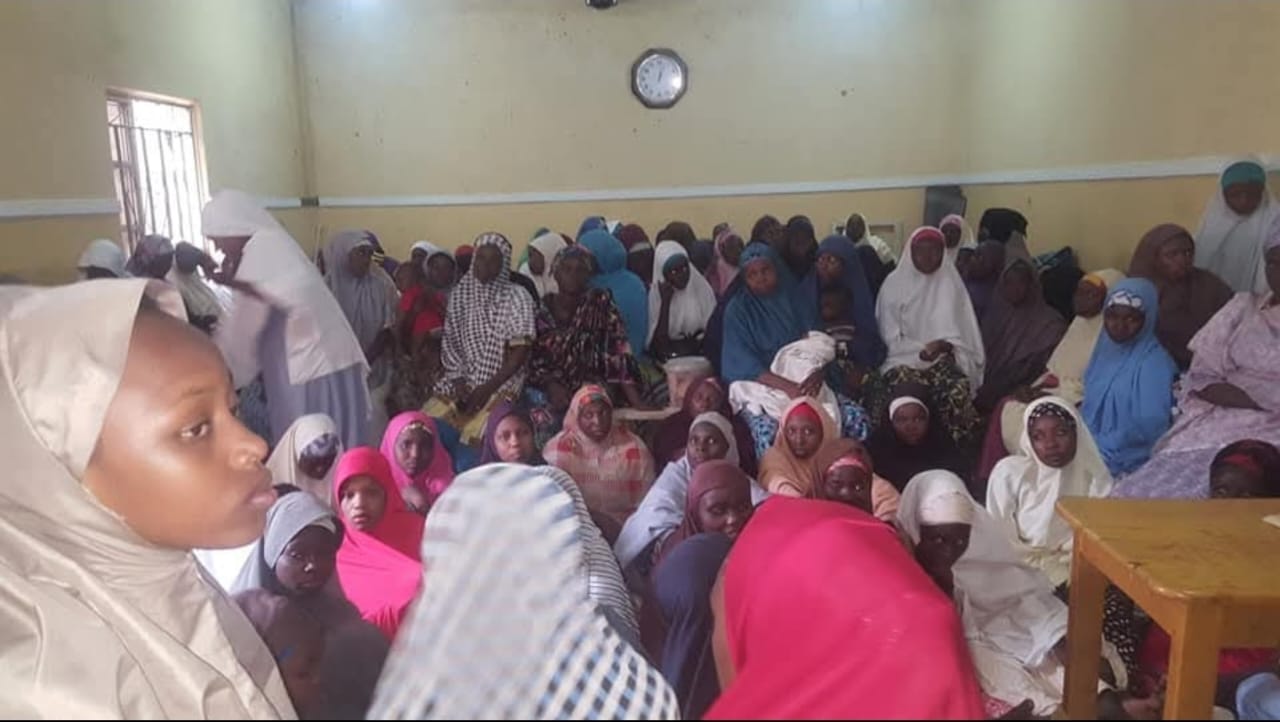
Maternal & Child Health Project
Increasing maternal and child health service uptake and training health workers in early referral.Started in 2018, this project aims to improve maternal and child health outcomes by increasing health literacy and service utilization in underserved communities. Supported by Johnson & Johnson through Lagos Business School, it has sensitized pregnant and lactating women in four communities within Kano State. Additionally, the project has trained 20 primary healthcare workers to provide early antenatal care referrals, ensuring timely access to skilled birth attendants and health facilities. The initiative contributes to reducing maternal and infant mortality and improving overall family health. Community engagement is a cornerstone, with local leaders and women’s groups playing active roles in encouraging health-seeking behavior.
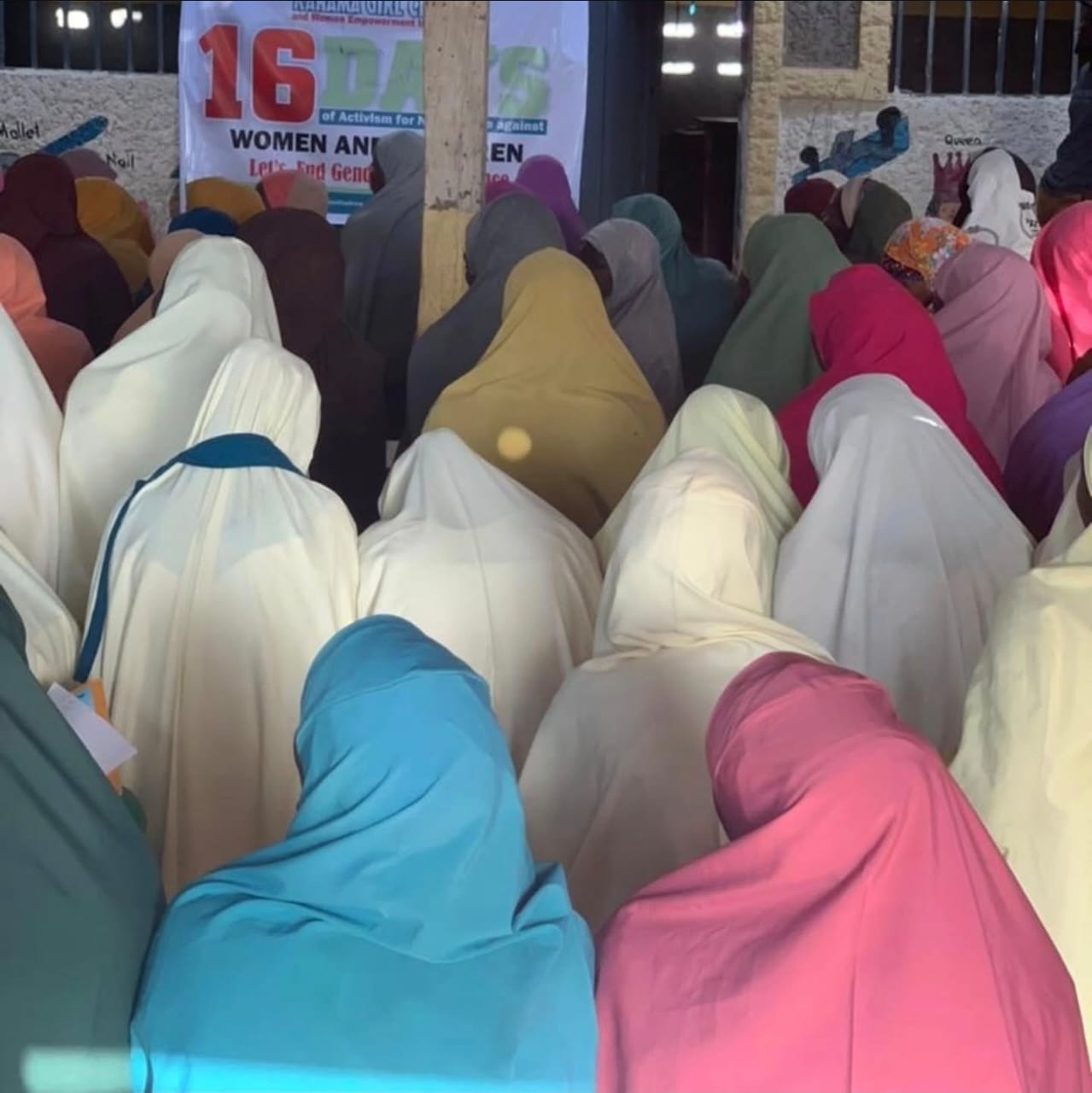
Action Against Child Abuse & Rape
Providing legal, health, and counseling support to survivors while raising awareness in schools.Since 2017, this project has provided comprehensive support to survivors of child abuse and rape, including social services, legal aid, counseling, and economic assistance. It also runs awareness and prevention programs in secondary schools to educate youth on the risks and rights related to abuse. The initiative collaborates closely with law enforcement, the Directorate of Public Prosecutions (DPP), and pro bono lawyers to ensure survivors receive justice and follow-up support. Counseling services offer trauma healing, aiming to reduce the long-term psychological impact on survivors. By breaking the silence around abuse and empowering survivors, the project fosters safer communities and promotes children’s rights.
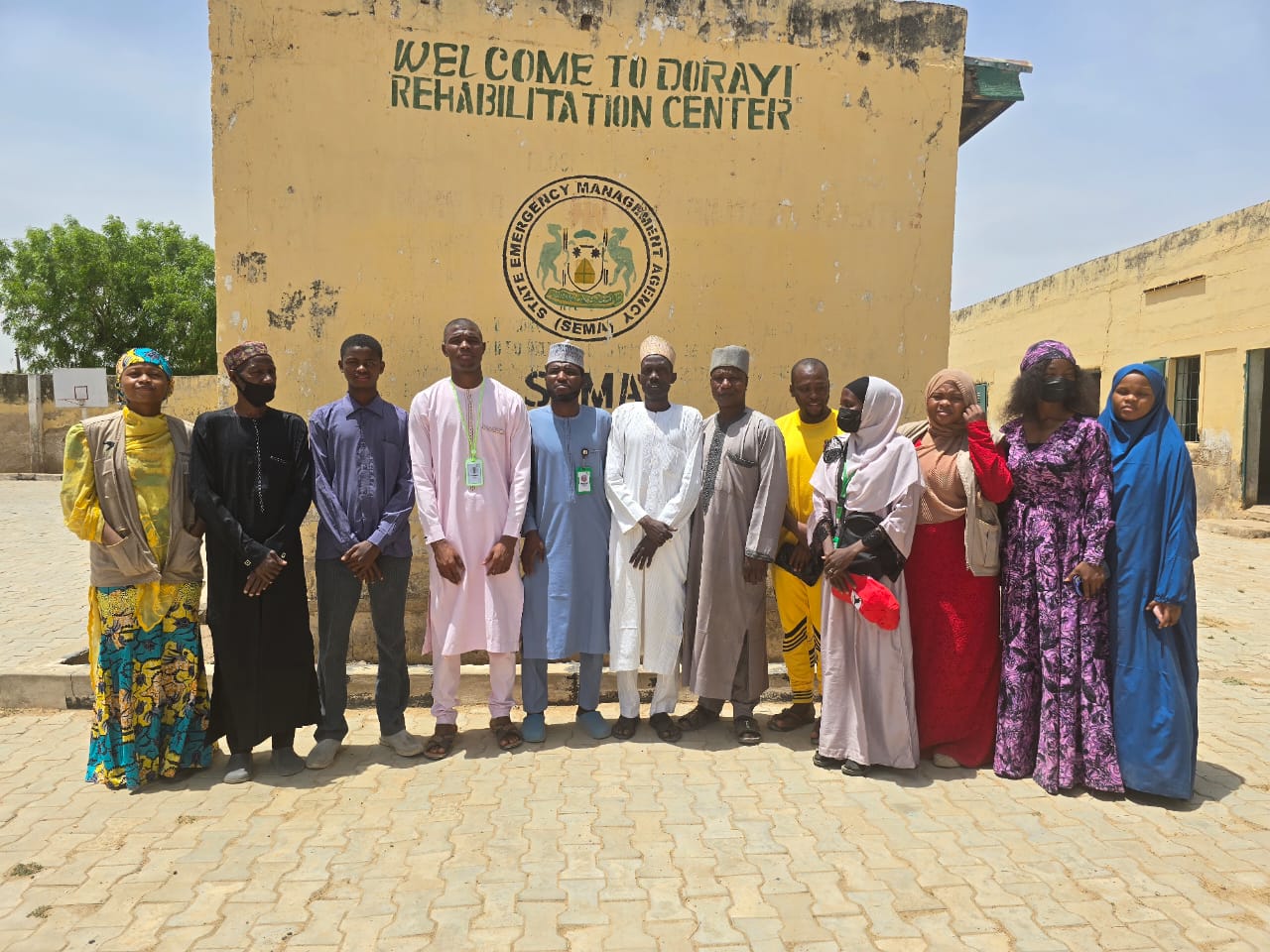
Social Awareness Project
Creating awareness on social issues, counseling, and community outreach in Kano and Bauchi States.Started in 2016 with a four-year plan, this initiative addresses broader social issues through community counseling, sensitization campaigns, and outreach visits. It targets married couples, correctional facilities, orphanages, and hospitals within Kano and Bauchi states. Through monthly public lectures and partnerships with local NGOs, the project raises awareness on topics such as family stability, social justice, and health. It has directly reached over 300 people, offering emotional support and guidance. This project helps strengthen community cohesion and provides support networks for vulnerable groups, contributing to healthier social environments.